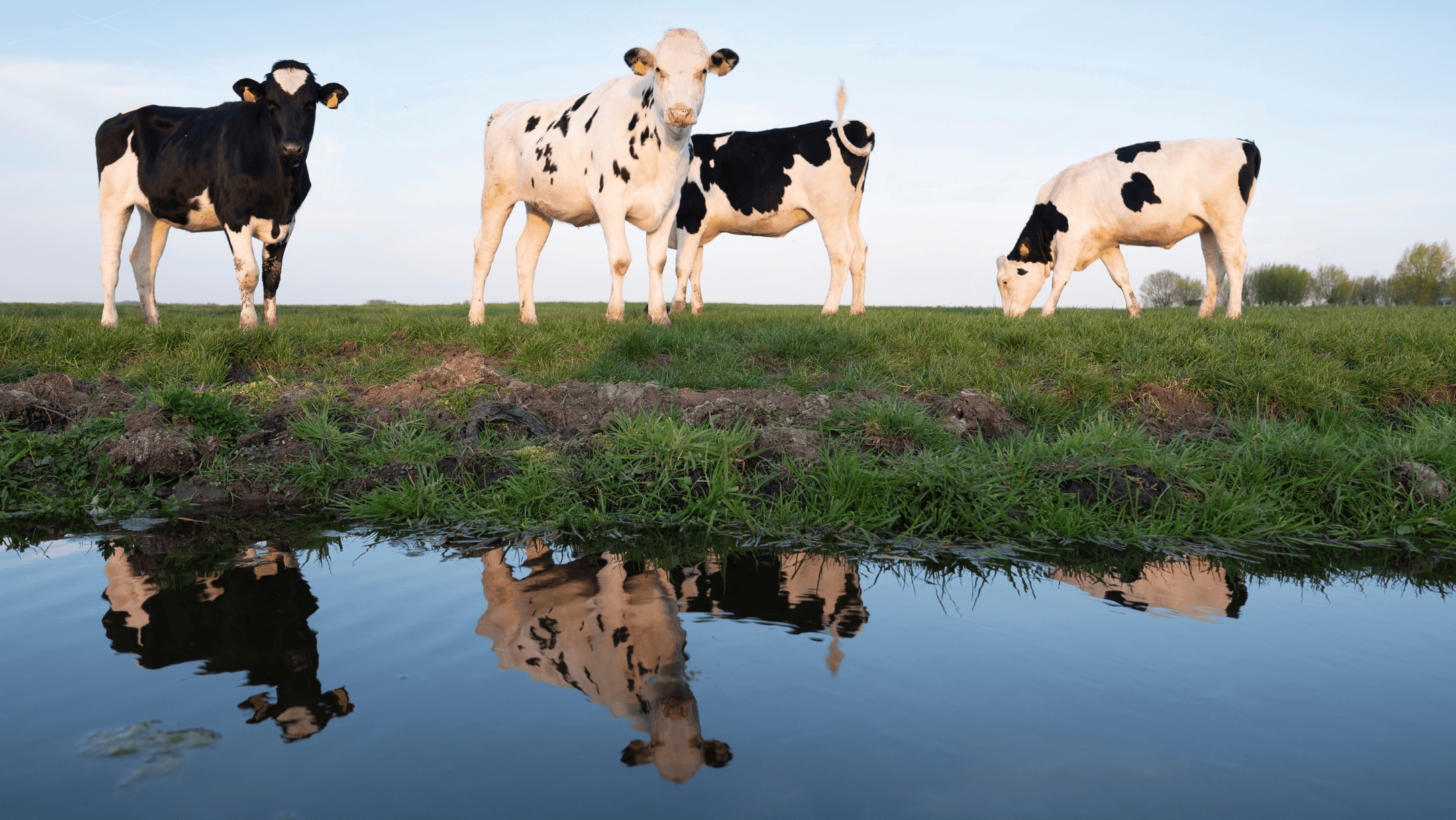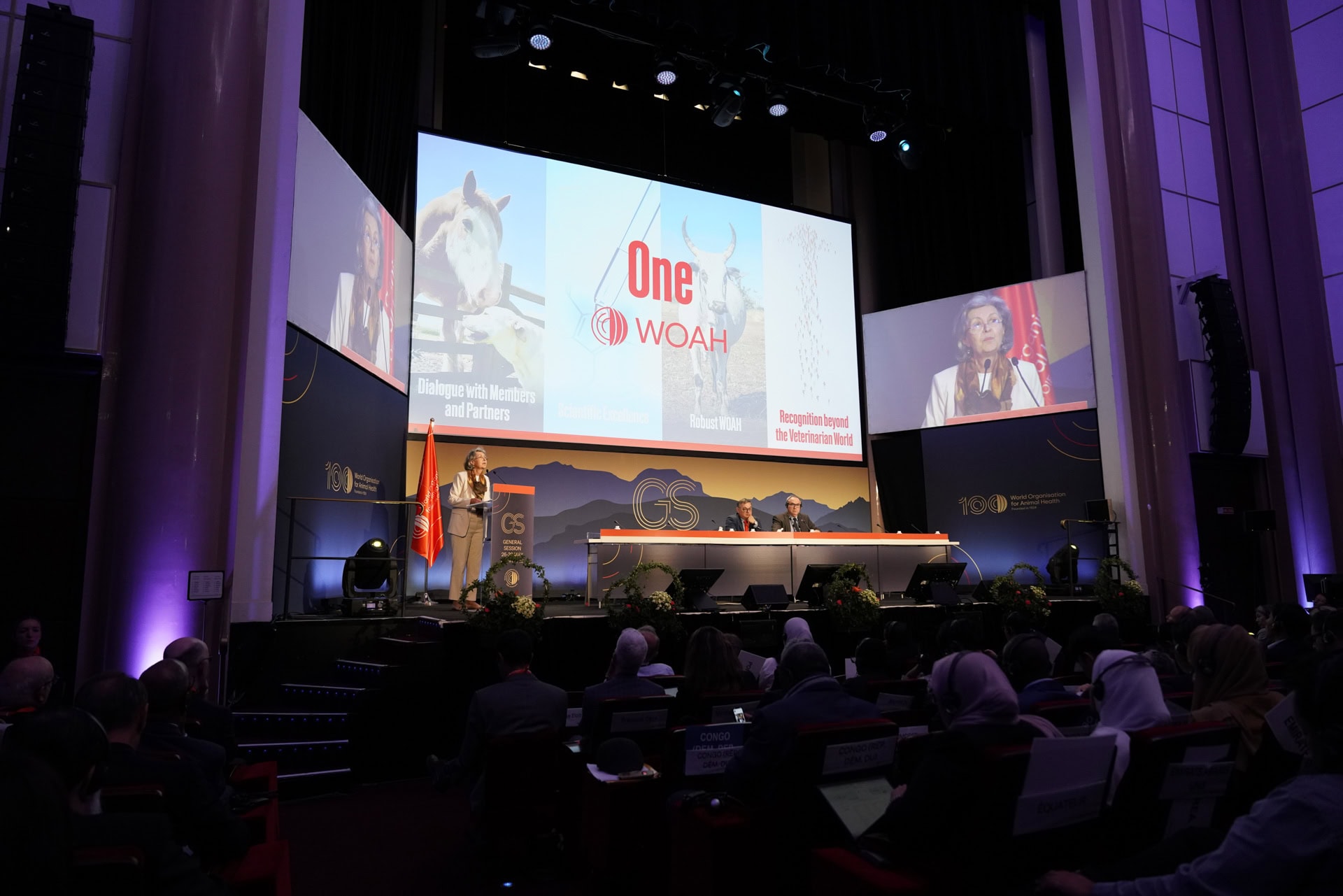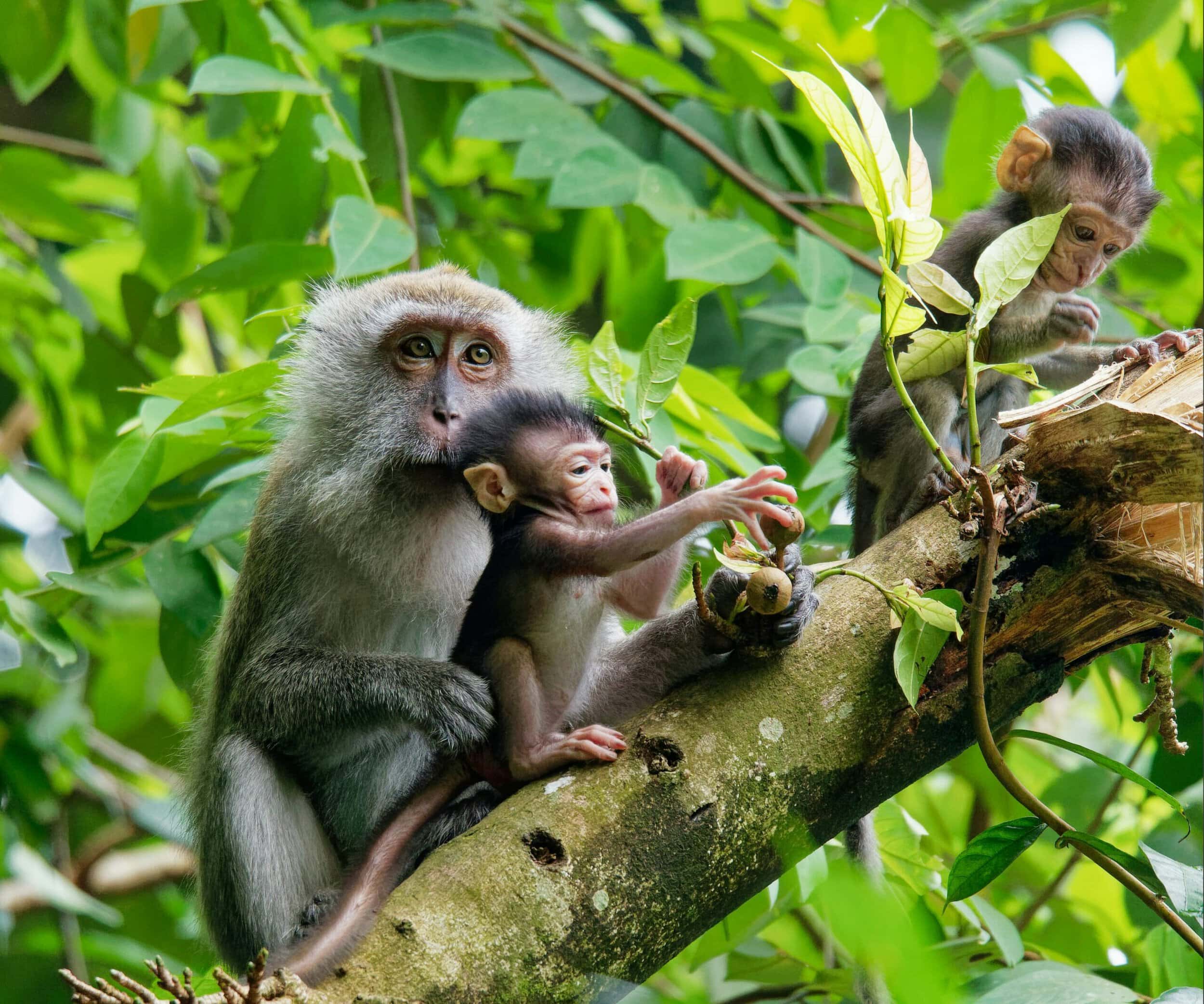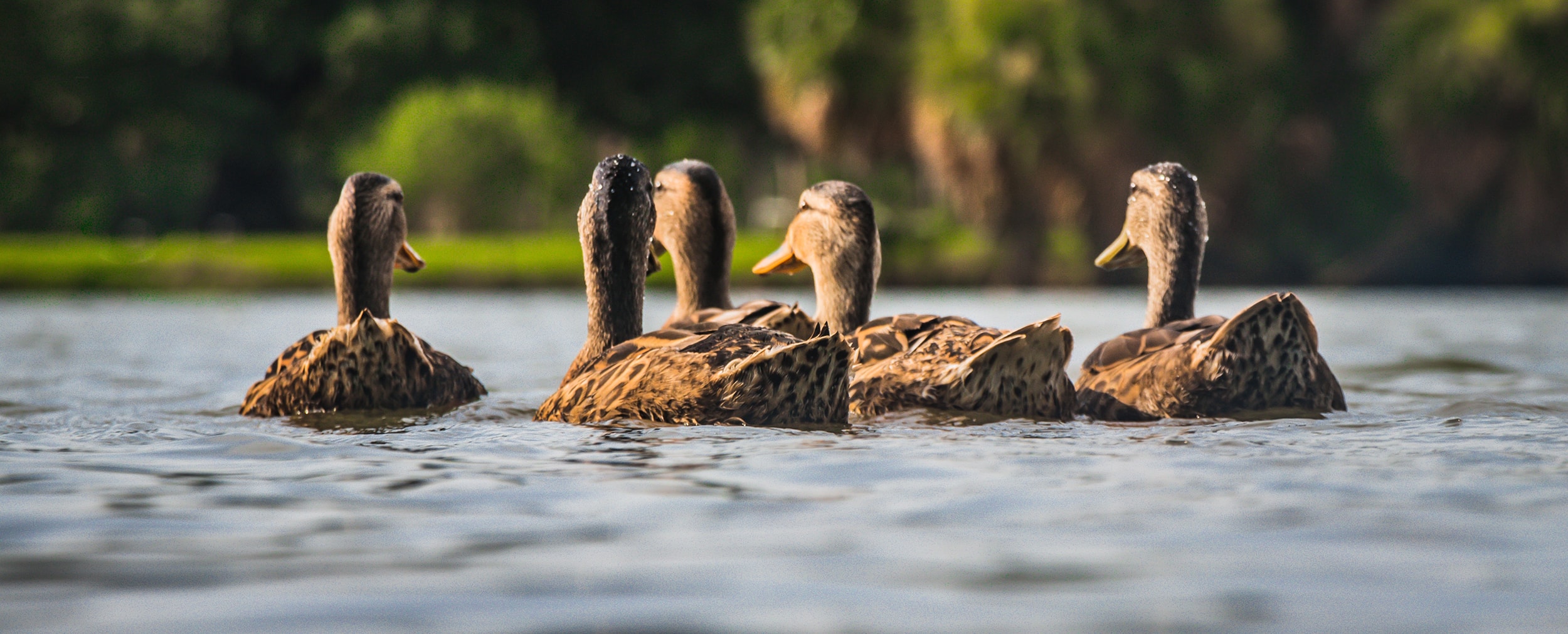The last couple of months have brought some encouraging signs. We appear to be seeing a new – but increasing – realisation that failing to protect animals harms humans – and that safeguarding them benefits humankind. We are even beginning to see a recognition of the need for fundamental change in how we treat animals – and we are seeing that realisation in places we might not expect it.
We might not be surprised that the World Organisation for Animal Health’s World Assembly, at its 90th session, adopted a Resolution to improve prevention and responses to the ongoing highly pathogenic avian influenza (HPAI) epidemic that is causing such devastation to many birds and other animals, and which has prompted some industry responses that cause further suffering for farmed birds and many farmers themselves. Perhaps more surprising – but also welcome – is the UN task force that explicitly recognised the link of HPAI to industrial poultry farming and called for more fundamental reform.
Meanwhile, we are seeing some recognition of the positive impacts of protecting healthy animals, as pointed out by the pandemic instrument negotiators at the World Health Organization who have realised the need to strengthen animal protection in how animals are kept, transported, traded, and treated to protect human health.
Perhaps even more optimism comes from how animal welfare concerns are being expressed from analyses of sectors less commonly linked to animals, including fashion, mining, and infrastructure. The last month saw both the IUCN guidelines for designing transport infrastructure with reduced impacts on animals and the new guidelines from the UN Environment Programme (UNEP) on how the fashion sector needs to consider animal well-being and treatment of animals. In Europe, our members officially presented to the European Commission the call for a Fur Free Europe, making the case for a full harmonized ban on fur farms and farmed fur products, backed by over 1.5 million citizens and a majority of Member States.
Animal welfare slowing international progress
Widening the lens reveals the urgency of this awakening. The High-Level Political Forum (HLPF) showed how our current exploitative systems and anthropocentric attitudes are failing even to protect humans across the economic, social, and environmental pillars of sustainable development. UN Member State representatives at the HLPF, UN officials including the Secretary-General, and scientists repeatedly lamented how sustainable development is far from achieving the targets of the Sustainable Development Goals.
Our mistreatment of animals has slowed down sustainable development massively, globally, and over several years. The systems that exploit, hurt, restrict, and (ab)use animals create many of the most severe and existential threats to humans and the planet. Brief financial gains for a few create global risks for all.
Animal welfare to get (and keep) us back on track
The logical progression from acknowledging animal exploitation as a major part of the problem is to recognise that improving animal welfare is a significant part of the solution. It supports livelihoods, food security, health, environment, and other aspects of sustainable development while encouraging sustainable consumption and production patterns.
This is why it is also great that the UNEP fashion guide recognised that animal welfare plays a crucial role in sustainable development for people and the planet, and that improving animal welfare can tackle some of the key drivers of the triple planetary crisis. This is in line with last year’s UN Environment Assembly recognition of the links between animal welfare, environment, and sustainable development.
There are considerable benefits to protecting healthy animals and their environments. For instance, natural integrated ecosystems can sequester carbon, as our inputs into the UNFCCC Bonn conference noted. There are also positive impacts from shifts in consumer behaviour motivated by compassion, as highlighted by the UN’s report on the State of Food Security and Nutrition in the World 2023, and the recent Fur Free Europe European Citizen Initiative.
As we look forward to a series of events, from the next SDG Summit to the FAO Global Conference on Sustainable Livestock Transformation, it is clear that the road to integrating animal welfare into every policy is long. However, the first signs of change are budding, and it won’t be long before we see them bloom into a world where the welfare of animals is inextricably linked with our own.





